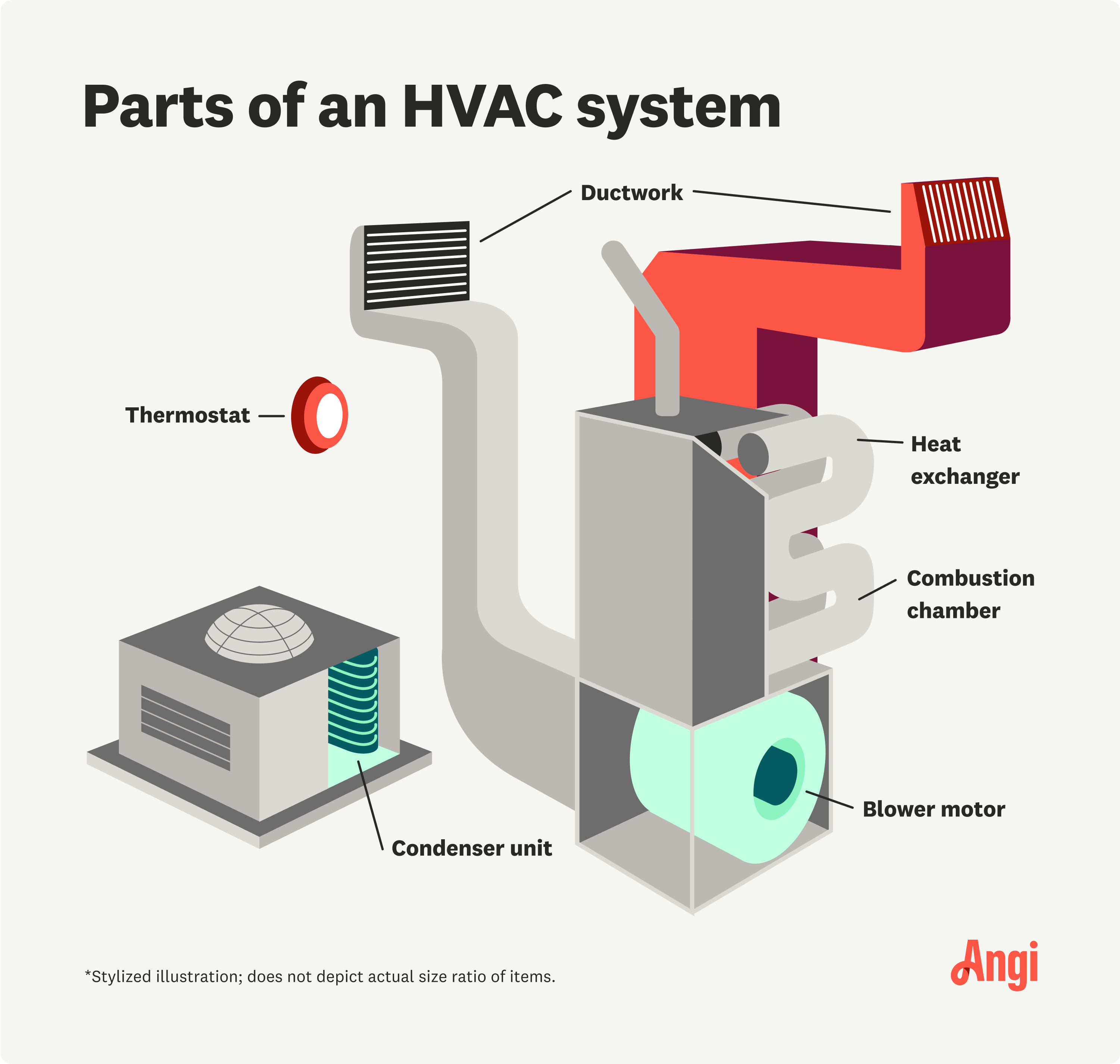- Appliances
- Basements & Foundations
- Bathroom Remodel
- Chimneys & Fireplaces
- Cleaning
- Contractors
- Electrical
- Flooring
- Furniture
- Garages & Driveways
- Heating & Cooling
- Home Construction
- Home Exteriors
- Home Health Hazards
- Home Interiors
- Home Security
- Kitchen Remodeling
- Landscaping
- Moving
- Outdoor Living
- Pests
- Plumbing
- Real Estate
- Remodeling
- Roofing
- Storage & Organization
- Waste Management
- Project Cost Center
Visit the Solution Center to Explore Articles













